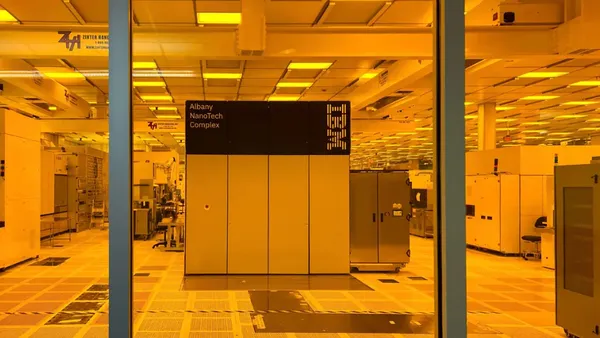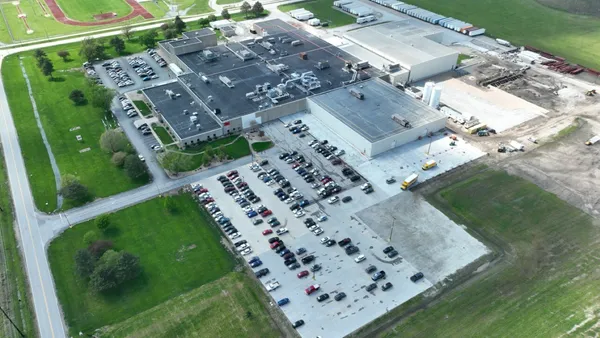Engine maker Cummins agreed last month to pay the U.S. and California $1.68 billion to settle claims it installed engine components that didn’t comply with emission regulations.
The Department of Justice accused Cummins of violating the Clean Air Act by installing engine components that exceeded emission standards in 630,000 Dodge Ram 2500 and 3500 pickup trucks for 2013 to 2019 models, the agency said in a Dec. 22 announcement. The Clean Air Act authorizes the Environmental Protection Agency to establish air quality standards and regulate hazardous air pollutant emissions.
The agency also accused the company of not disclosing it installed auxiliary emission control devices in Dodge Ram truck engines that reduced the system’s effectiveness. The installation effected 330,000 model year 2019 to 2023 Dodge Ram trucks.
The Justice Department said Cummins’ $1.68 billion penalty is the largest to date for a Clean Air Act violation. The manufacturer expected to spend $2.04 billion in Q4 2023 to resolve the claims and other related actions involving about one million pickup truck applications, Cummins said in a statement.
“The types of devices we allege that Cummins installed in its engines to cheat federal environmental laws have a significant and harmful impact on people’s health and safety,” Attorney General Merrick Garland said in a statement.
Exposure to smog, soot and other air pollution from heavy-duty vehicles has been linked to cancer, cardiovascular disease, and respiratory diseases, according to the National Institute of Environmental Health Sciences.
Cummins said in its statement following the announcement that it has fully cooperated with regulators regarding the matter. The company noted it “has seen no evidence that anyone acted in bad faith and does not admit wrongdoing.”
Cummins stated it has cooperated with regulators for over four years, including by addressing several issues raised by the EPA and the California Air Resources Board regarding the effectiveness of the Dodge Ram 2500 and 3500 engines’ emission systems, according to a November Securities and Exchange Commission filing. Canada’s Environmental and Climate Change department raised similar issues relating to some of these same platforms, the company said.
The engine maker first announced the review of its emissions certification and compliance process for its pickup truck applications in April 2019 after speaking with federal and state agencies about engine components in the 2019 Ram 2500 and 3500 truck models.
As a result, the company said it was developing a new emissions control software calibration, according to the November SEC filing. Stellantis, which produces the Dodge Ram, has already recalled the 2019 RAM 2500 and 3500 trucks. The automaker has also begun recalling the 2013 through 2018 models, Cummins spokesperson told Manufacturing Dive in an email.
Cummins is also working to recall the 2016 through 2019 Nissan Titan truck models, the spokesperson said. The truck is another vehicle the environmental agencies have raised similar concerns over.
“The company has cooperated fully with the relevant regulators, already addressed many of the issues involved, and looks forward to obtaining certainty as it concludes this lengthy matter,” Cummins said in its statement.











